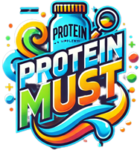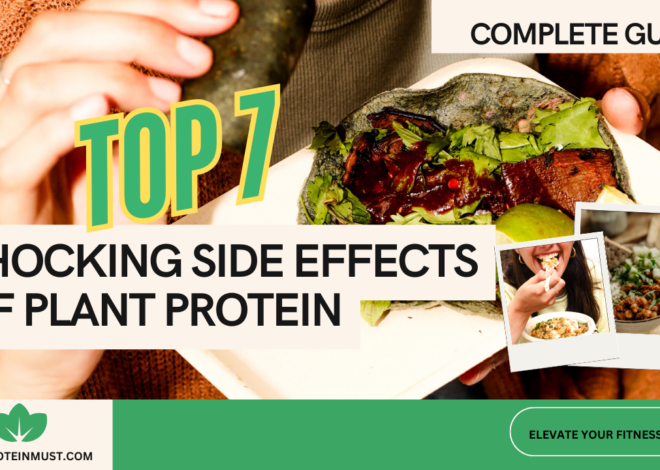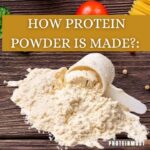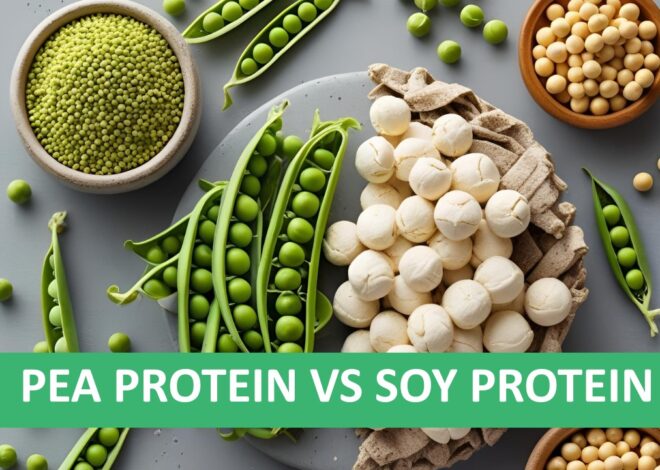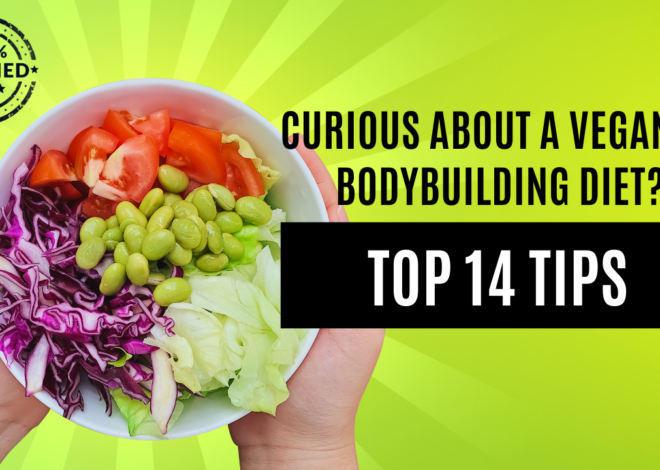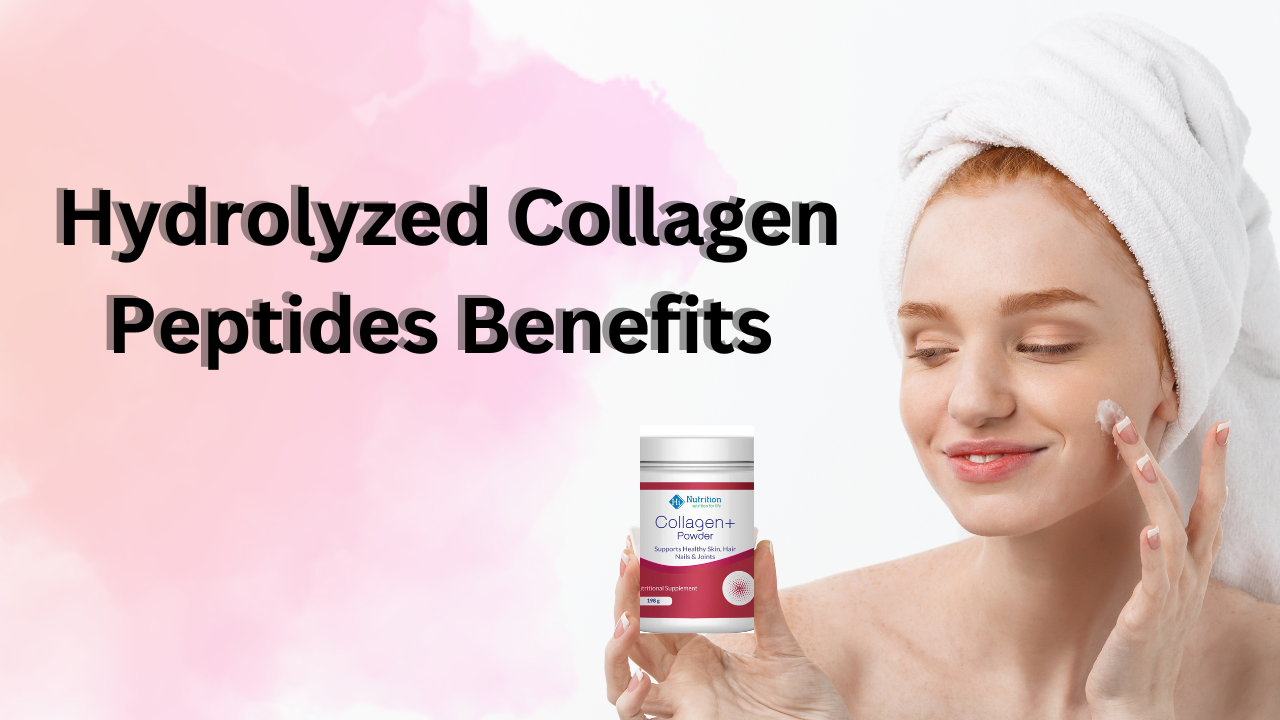
Top Benefits of Hydrolyzed Collagen Peptides for Radiant Skin and Strong Joints
Why Collagen Peptides Are Getting So Much Attention
As someone who cares about aging gracefully, I found hydrolyzed collagen a game-changer. It’s a form of protein made of amino acids, the building blocks our bodies need. These peptides are broken into smaller pieces for easy absorption into the bloodstream. That’s why they’re more effective than regular collagen.
Many supplement products claim to reduce wrinkles, relieve joint pain, improve bone health, and even help with weight loss. While the FDA doesn’t strictly regulate supplements, I always go for independently tested ones. I once consulted a registered dietician, and she emphasized how collagen peptides support muscles, skin, bones, and connective tissues. Our body naturally slows collagen production with ageing, bad diet, and smoking, so I started adding hydrolysate to my routine. Honestly, my nails feel stronger, and my skin looks firmer. This natural support made a real difference. Also read this collagen peptides vs whey protein
How It’s Made and Why It Works
Hydrolyzed collagen is a product obtained through a process called hydrolysis. This method breaks down collagen into peptides, small protein fragments with lower molecular weight, making them easier to digest and absorb. The form becomes more soluble in water and other liquids, aiding in absorption through the intestines and skin. I’ve seen how quickly it dissolves in smoothies, a sign of its enhanced bioavailability. Its gelling power also changes during hydrolysis, which explains why some supplements mix differently.
Depending on the intended uses, bovine, porcine, chicken, or marine sources are used. There is no plant collagen, so be cautious with products labeled vegan or vegetarian. They may contain vitamin C, which supports collagen formation, but not the protein itself. I’ve tested several supplements and noticed that the ones with marine collagen feel lighter. This ingredient is common in both cosmetics and pharmaceuticals, known for its antioxidant properties. The aforesaid features make hydrolyzed collagen a truly optimal choice.
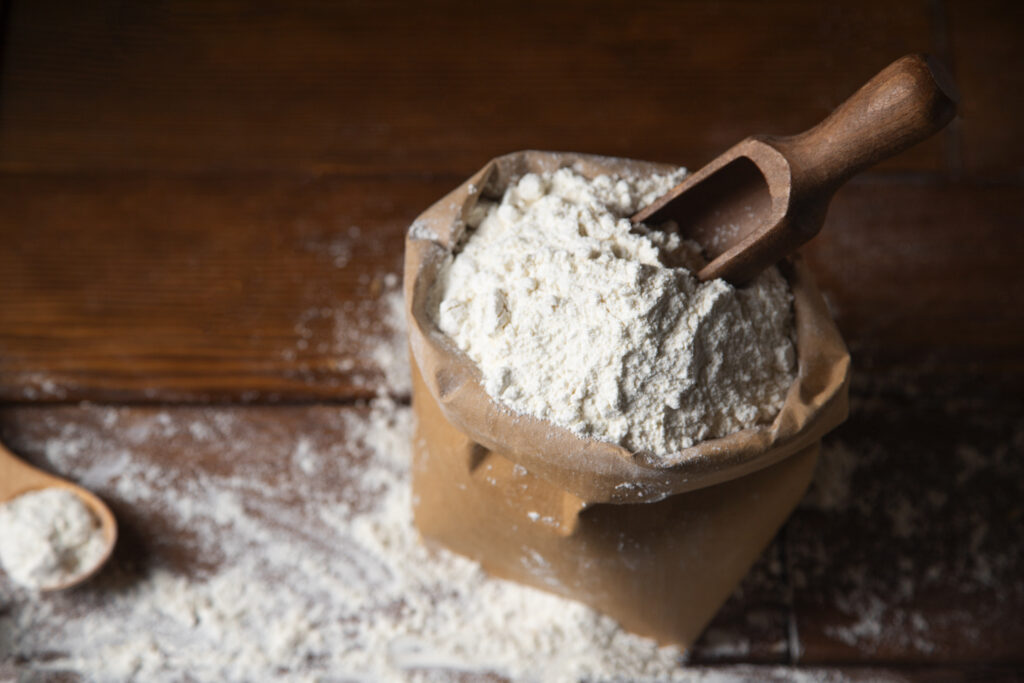
The Natural Foundation of Collagen in Your Body
Collagen is the most abundant protein in the body, making up about 30% of its total protein content. It serves as the primary building block for skin, muscles, bones, tendons, ligaments, and other connective tissues. It’s also essential for your organs, blood vessels, and intestinal lining. I personally noticed better skin texture after including more collagen-rich foods.
Proteins are formed by amino acids, especially proline, glycine, and hydroxyproline, which form fibrils in a triple helix structure. Your body requires vitamin C, zinc, copper, and manganese in the right amounts to produce this structure. These nutrients have been a crucial part of my wellness routine. As a trusted source, collagen also strengthens bones and provides structure to your skin.
You can get collagen from foods like pork skin and bone broth, but supplements are now widely popular. Most are hydrolyzed, meaning they’ve been broken down to be easier to absorb. I’ve found hydrolyzed options more effective in daily use due to their fast action.
How Collagen Functions in the Body
Collagen has a main role in the body—it helps provide structure, strength, and support across tissues. These specific roles go far beyond just skin appearance. I’ve seen a change in my body’s resilience after using collagen peptides regularly.
It works by helping fibroblasts form in the dermis, the middle skin layer, which helps new cells grow. It also plays a role in replacing dead skin cells, something I noticed when my skin began to look fresher with fewer blemishes.
Another impressive benefit is providing a protective covering for organs, and giving structure, strength, and elasticity to your skin. These effects are not just cosmetic but help in internal wellness too. One often overlooked function is helping your blood clot, which adds another layer of importance to this powerful protein.

Why Hydrolyzed Collagen Is Gaining So Much Attention
The latest research confirms that hydrolyzed collagen delivers many benefits. Personally, after weeks of supplementation, I noticed how it can slow down skin ageing and offer younger-looking skin. It also helped counter joint pain, improve lean mass, and strengthen muscles—results that felt genuinely noticeable.
It also promotes the synthesis of new collagen in the skin and joints, making it more than just a short-term boost. Numerous studies have investigated its overall impact on health and explained its importance. When reviewing various analyses, I saw that collagen supplements have been widely reported to help with reducing the effects of aging on skin, supporting bone and joint health, encouraging wound healing, and aiding body composition.
Although there’s less research on weight loss, nail growth, heart health, and eye health, many users, including myself, have experienced subtle but real improvements in these areas too.
Know What’s Inside – Supplement Facts You Shouldn’t Ignore
When choosing a hydrolyzed collagen product, checking the supplement facts matters. Most contain active ingredients like amino acids and peptides, which are essential for real results. The alternate names you may see include collagen peptides, collagen hydrolysate, and even glycyrrhizinate dipotassium in some formulations.
In the United States, this is legally sold as an over-the-counter (OTC) option. A suggested dose of 5 to 10 grams daily is usually recommended to help with joint pain. I found consistency in dosage plays a key role in seeing progress over time.
However, safety considerations are crucial. There’s no safety data available yet for children, individuals with chronic diseases, or those who are pregnant or nursing. From experience, I always suggest checking with a healthcare provider before starting any supplement.
How Collagen Peptides May Influence Your Body Composition
Some human studies show the effects of collagen peptides on body fat reduction are still limited, and more research is needed. However, I noticed modest improvements in body composition when used consistently.
Taking HC supplements with resistance training like weight lifting has shown an increase in fat-free mass or lean body mass in four clinical trials. Interestingly, the effects were stronger in older males than in younger individuals, suggesting age might influence results.
The Powerful Role of Collagen in Enhancing Skin Health
Collagen supplements are known as natural antioxidants that help improve skin appearance, reduce signs of ageing, and support skin healing. Studies confirm their benefits—19 studies revealed that individuals taking hydrolyzed collagen for 90 days showed better wrinkle reduction, hydration, and skin elasticity than those taking a placebo.
This effect is linked to an increase in collagen peptide levels in the blood after supplementation. One such peptide, Pro-Hyp, stimulates fibroblasts—cells essential for tissue development and growth—and boosts the production of hyaluronic acid, a compound that keeps skin hydrated, soft, and elastic.
Collagen makes up about 70–75% of the skin, the body’s largest organ, which acts as a barrier against external damage, regulates temperature, and performs other vital bodily functions. As we age, the inner skin layer loses collagen, resulting in dryness, loss of elasticity, and the appearance of lines and wrinkles. Fortunately, HC helps increase the production of new collagen to counteract these effects.

The Role of Collagen in Supporting Joints and Bone Health
More than 60 research studies support the benefits of hydrolyzed collagen in improving joint cartilage, reducing joint pain, and managing bone-related conditions such as osteoarthritis, osteoporosis, and osteopenia. When combined with Vitamin D and calcium supplements, collagen plays a key role in boosting bone metabolism, offering relief even to athletes.
Different collagen types target specific needs. Type II collagen is particularly effective for bone and joint disorders, while type I collagen supports the menisci located in the knee, temporomandibular, acromioclavicular joints, wrists, and the areas where ribs connect with vertebral joints. Supplementing with HC allows it to enter joint tissues and support cartilage repair, making it especially helpful for those with aging-related joint concerns like osteoarthritis (OA).
Research reveals HC can help improve joint pain and function in OA patients. Studies have tested a wide range of doses—from 720 mg daily over a few weeks to 10 grams (g) daily for six months. While effects in people without OA remain inconsistent, one trial using pig-sourced HC (5 or 10 g daily for six months) showed reduced joint pain, indicating potential benefits across broader populations.
How Collagen Enhances Muscle Mass and Strength
Studies show that taking 15 to 20 grams of hydrolyzed collagen daily—whether in powder or capsule form—can significantly enhance muscle mass and strength, particularly in the elderly. Since collagen is a protein, it serves as a crucial nutrient not only for sports people but also for individuals who face an age-related decline in muscle tone.
In both young and older individuals, collagen supplementation complements the effects of resistance training, although its benefits are most effective when paired with regular exercise. The nutrient works to support overall muscle recovery and development.
The collagen used in these supplements typically comes from animal sources such as cows, pigs, and fish, making it accessible in various forms for different dietary preferences and health goals.

Role of Collagen in Wound Treatment
Hydrolyzed collagen (HC) has shown antimicrobial and antioxidant effects and is often available in powder form as a marketed wound dressing. While this presents a promising use, human-based evidence remains limited.
Some studies suggest that HC supplements may support wound healing and help minimize time spent in the hospital, particularly for burn patients. However, these findings come from a small clinical trial with only 31 participants, indicating that more research is needed to confirm these early results and fully understand HC’s impact in this area.
Are There Different Types of Collagen?
There are 28 types of collagen identified in the human body, each distinguished by the way molecules are assembled, the cell components they contain, and their location in the body. Despite their differences, all collagen fibrils share a common triple helix structure.
Among these, five main types of collagen are most important. Type I makes up 90% of the body’s collagen and provides structure to skin, bones, tendons, and ligaments. Type II is found in elastic cartilage and plays a key role in joint support. Type III supports muscles, arteries, and organs, while Type IV is located in the skin’s layers. Lastly, Type V is present in the cornea of the eyes, hair, and placental tissues.
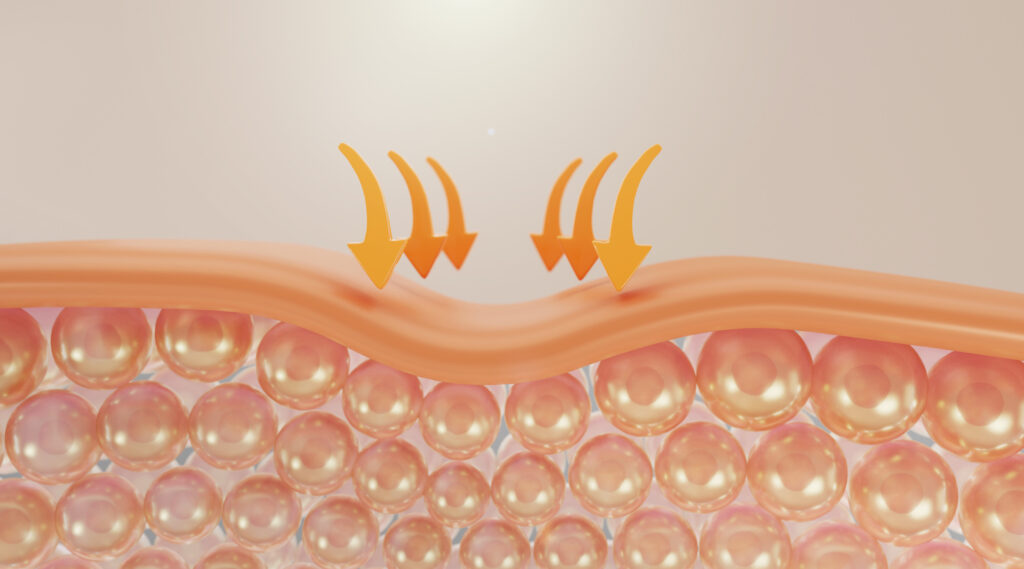
What Happens to Collagen as I Age?
As you age, your body begins to produce less collagen, and the existing collagen breaks down faster than it used to. Not only does the quantity decrease, but the quality of collagen also drops, making it less effective at supporting skin, joints, and tissues. This process accelerates over time.
Women, in particular, face a sharp decline in collagen production after menopause. For most people, it’s natural to experience a noticeable reduction in collagen levels after age 60, contributing to visible signs of aging such as wrinkles, sagging skin, and joint discomfort.

What Diseases and Other Factors Damage Collagen?
Autoimmune diseases such as rheumatoid arthritis, lupus, dermatomyositis, and scleroderma can significantly damage collagen by causing the body’s immune system to attack its own connective tissue. These conditions break down the structural integrity of skin, joints, and organs.
In addition, genetic mutations can lead to collagen construction errors, resulting in inherited disorders like Ehlers-Danlos syndrome and osteogenesis imperfecta. These conditions weaken connective tissues and often lead to hyper-flexibility, fragile bones, and other complications.
Finally, collagen levels decline naturally with age, further reducing the skin’s firmness and joint support capabilities over time.
Uses & Effectiveness
Collagen peptides appear to be possibly effective in improving aging skin. Research suggests that oral supplementation can enhance skin hydration and elasticity, particularly in older people, and may help reduce wrinkles, though the improvement might not be highly noticeable. Similarly, people with dry skin have experienced benefits in hydration and elasticity after taking collagen peptides.
However, collagen peptides seem to be possibly ineffective in enhancing muscle strength, especially in the legs. That said, there is some indication that they could improve hand-grip strength. While there’s growing interest in using collagen peptides for other purposes, there isn’t enough reliable information available yet to confirm broader effectiveness.
Side Effects, Precautions, Interactions & Dosing
Collagen peptides are possibly safe when taken by mouth, with side effects being rare. They have been used in doses of up to 10 grams daily for a duration of 6 months without serious issues reported.
For pregnant or breast-feeding individuals, there’s not enough reliable information about safety. As a precaution, it’s best to avoid use in these cases until more data is available.
Currently, there is no information available regarding collagen peptides and their interactions with other drugs or supplements.
In terms of dosing, adults have most commonly used 2.5 to 10 grams daily for up to six months. However, the best dose may vary based on the specific condition, so it’s advised to consult a healthcare provider for personalized guidance.
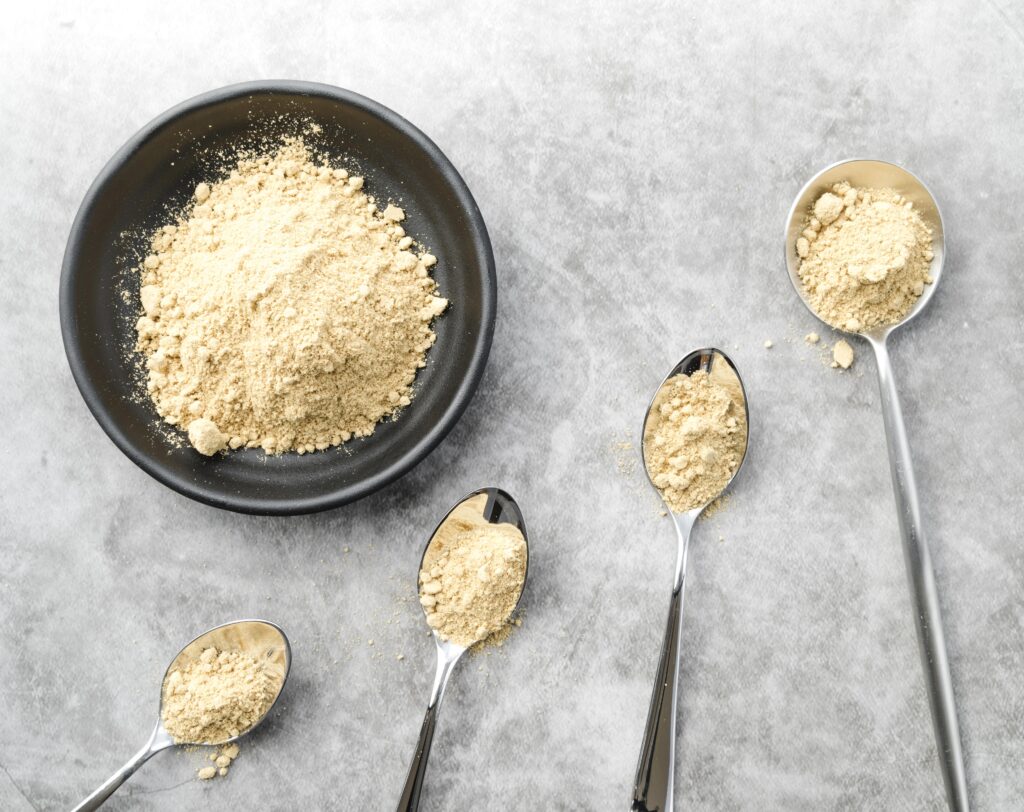
FAQs
Q1: What is hydrolyzed collagen?
A: Hydrolyzed collagen is collagen that has been broken down through chemical reactions into smaller, easily absorbed peptides. It’s often included in supplements promoted for antiaging benefits.
Q2: Where does hydrolyzed collagen come from?
A: It is derived from the bones, tendons, and skin of animals such as cattle, chicken, or fish. You’ll often see it labeled as bovine collagen (from cows), marine collagen (from fish), or poultry collagen (from chickens).
Q3: Is hydrolyzed collagen effective?
A: Yes, hydrolyzed collagen has shown effectiveness in improving skin hydration and elasticity, as well as reducing joint pain in people with osteoarthritis. However, more studies are needed to confirm its benefits for wound care and body composition.
Q4: What is the difference between collagen peptides and hydrolyzed collagen?
A: There is no difference. “Hydrolyzed collagen,” “collagen peptides,” and “collagen hydrolysate” are simply different names for the same substance.
Q5: Is hydrolyzed collagen vegan-friendly?
A: No, it’s not vegan. Hydrolyzed collagen comes from animal sources, so any product labeled as “vegan collagen” does not contain real collagen but instead includes plant-based ingredients that may support natural collagen production.
Conclusions
Hydrolyzed collagen supplements may help support a youthful appearance, improve skin hydration, reduce joint pain, and benefit bone and muscle health. While some studies suggest possible advantages for heart, blood vessels, and hair health, more research is needed. These supplements—often made from beef, fish, or chicken—are available in powder, capsule, or liquid form, but they may not be suitable for people with food allergies. Since collagen is not strictly regulated for safety, it’s best to consult a healthcare provider before use, especially if you’re pregnant, nursing, on medication, or have a medical condition.
